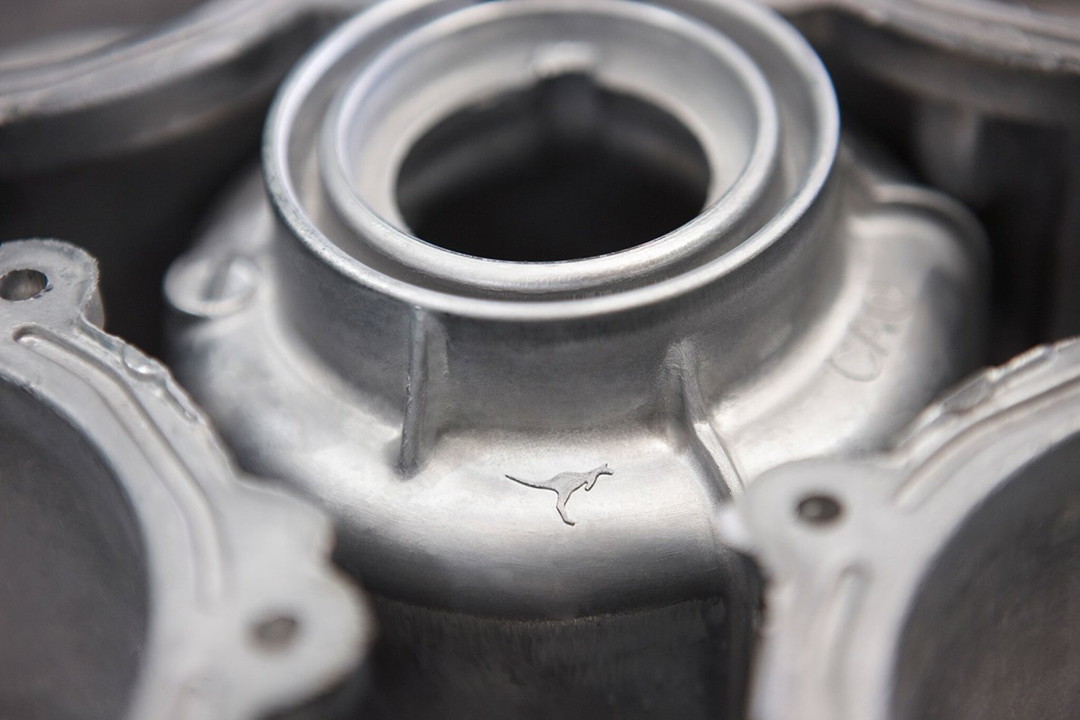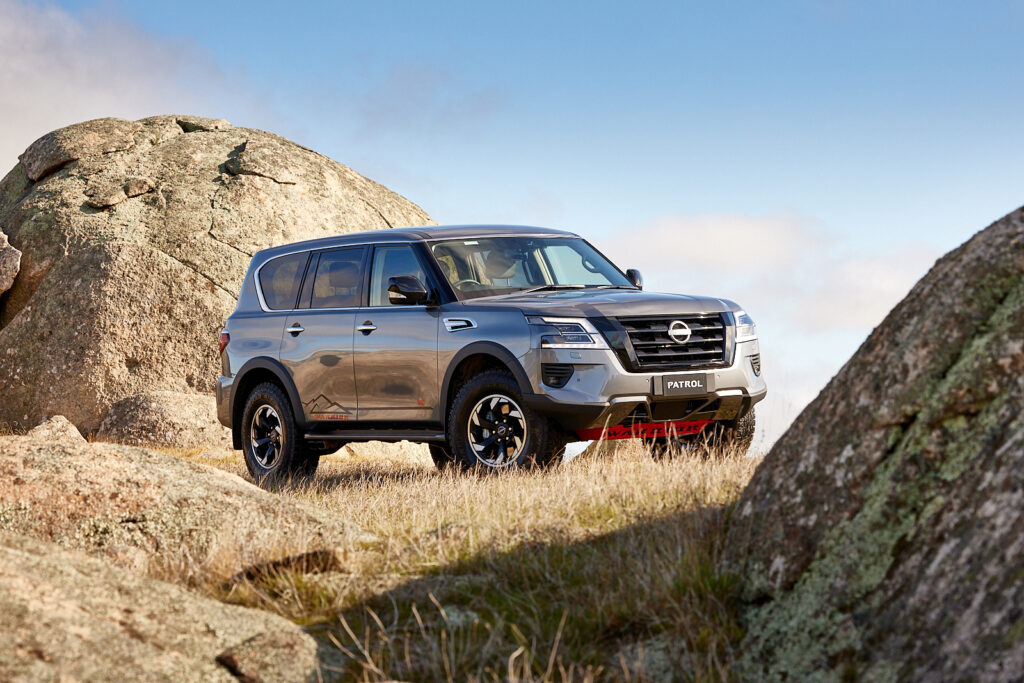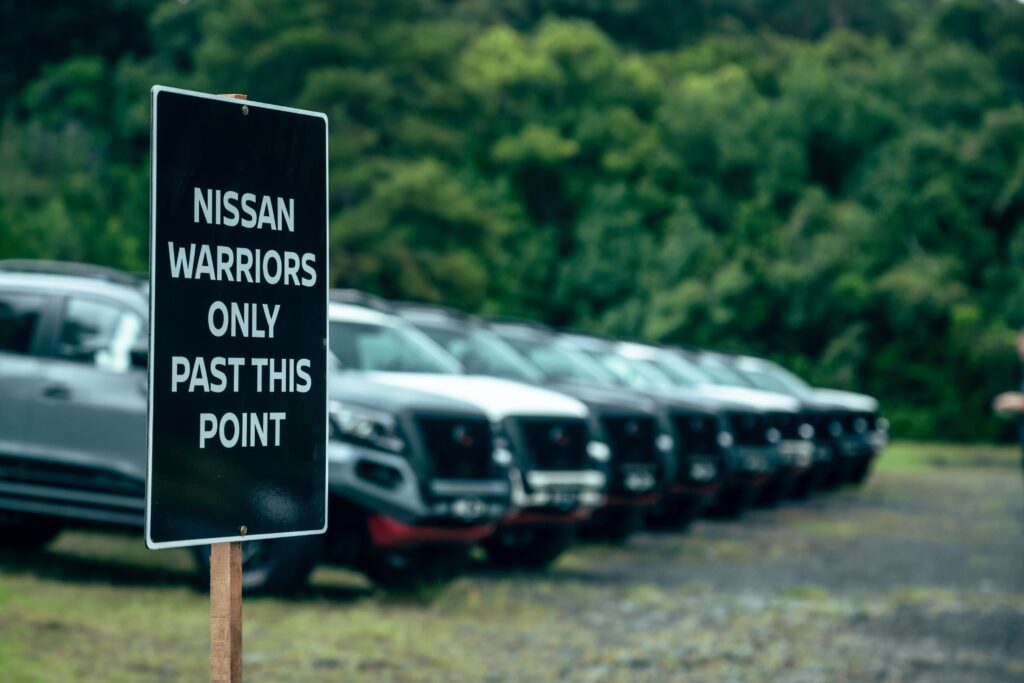And why Australian manufacturing is more about culture than machines.
On May 20 this year, Nissan Casting Australia Plant announced it had earned its official Made in Australia certification.
Known internally at Nissan as ‘NCAP’, the Nissan Casting Australia plant has quietly toiled away outside Melbourne for the last 43 years, its team of 192 people creating 25 different high-pressure die-cast aluminium components and six different tow bars for use in Nissan vehicles sold in Australia and overseas. Their work totals around 1.2 million parts a year, the majority of it exported to Nissan factories around the world.
Their story is impressive, and here’s why.
Inside a national economy that has sleepwalked, for generations, into a situation where less than 6 percent of its national output comprises manufacturing, NCAP is a vital reminder that even some of the most challenging manufacturing sectors, such as large-scale industrialised precision metal casting, still works in Australia. It’s not all ‘owned’ by overseas markets.
For too long Australia has long straddled two ends of the economic seesaw: agriculture and minerals mining at one end, and service industries with a quest for high-tech advancement on the other. These are important. But secondary industries – manufacturing – have slowly eroded as the critical fulcrum that creates a much-needed value chain for Australia’s long-term economic prosperity.
Dr Jens Goennemann, the head of Australia’s Advanced Manufacturing Growth Centre, has often made this point. Just as electric vehicles (EV) sales began to grow, he reminded everyone that Australia provides half of the world’s critical minerals to make EV batteries, but cashes in only 0.5 percent of it, purely because we don’t add value to those minerals before they leave the country.
It’s a fact that speaks to his other point that manufacturing is “a capability, not a sector”. Manufacturing is so challenging that it creates highly capable populations who, in turn, drive advanced societies.
That’s the importance of manufacturing.
And for it to grow successfully, it needs this: a manufacturing culture.
A national manufacturing culture is important.
Being able to manufacture certain items is critical for every nation.
If you can’t make enough of your own stuff, then you’ll always rely on others. And that assumes other nations and partners will always be reliable, fair, and always there to trade with you on good terms.
But a manufacturing culture drives the capabilities that fertilise advanced societies by pushing skills, creativity and industrial intelligence in ways that make us think more, solve more, and create more – for ourselves, and as a community. It’s certainly worth it.
You can see it’s more than just about jobs and money.
It’s also about society, security and opportunities – and the future.
It’s currently Made in Australia Week so it’s appropriate we talk about this. It’s even more important that we act.
Nissan Casting Australia has been doing exactly this in Dandenong South since 1982. It’s still doing it.
It’s a reminder that Australia needs to spend less time in the office and garden and more time in the workshop.
Made in Australia: It’s certainly possible, even in 2025. It will be in 2026. And 2027.
It’s just up to us to do it.




